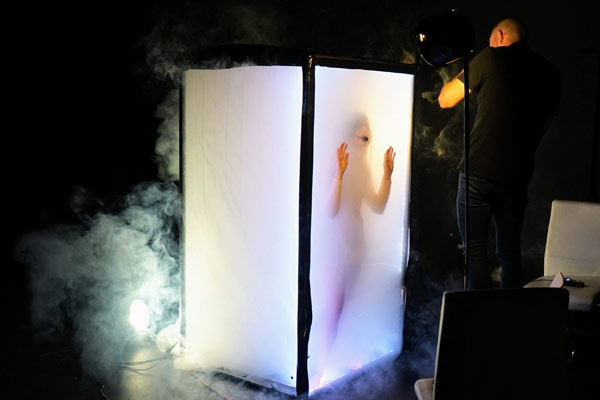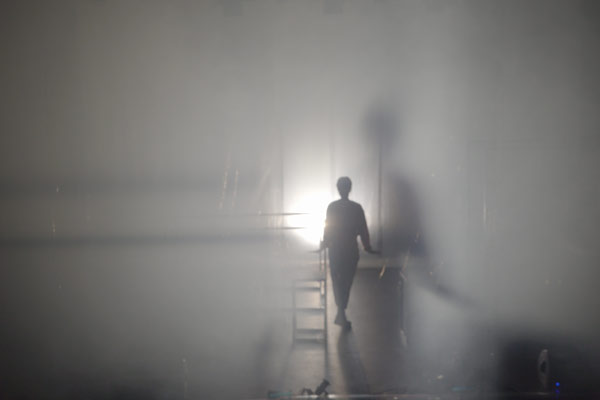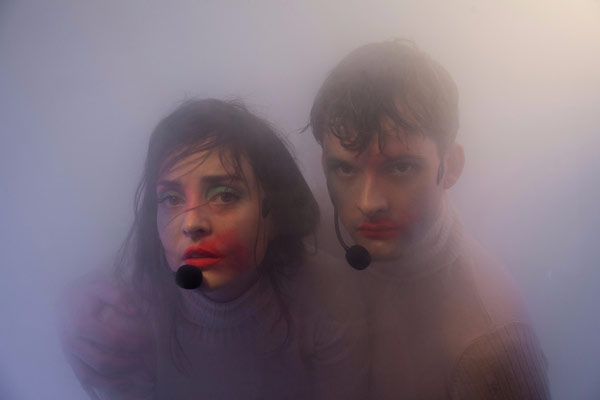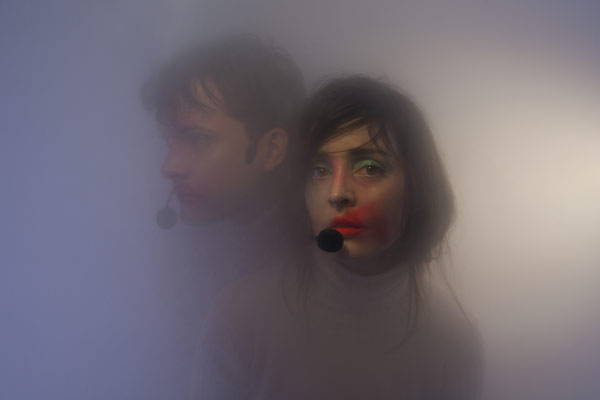Prejudice and bias can be consciously and overtly expressed; in recent times, it can even be proudly preached, often without remorse of fear of repercussion.
'The Irresistible', a collaboration between Side Pony Productions and The Last Great Hunt, is a new theatrical work that recognises that some of our preconceived impulses and judgements spring from a subconscious that is largely subverted from view, meaning those with proudly enlightened self-images may harbour hidden partiality. Zoe Pepper, Writer and Director of 'The Irresistible', explains how this this theme relates to her curiosity with the notion that good people do bad things.
“My aim with all the work I make is that all the characters are loveable and empathetic but ultimately very, very flawed. So ultimately, it’s more the good factor aspect that I’m interested in, in that the villains are not straight out villains; you relate to all the characters that are in the world.”

“The shift with this work is that we’re shifting to 'we all think that we’re the good ones' and we’re investigating unconscious bias and the idea that we’re prejudiced and biased towards people in a way to which we are completely oblivious.”
“When you’re trying to shine a light onto your own bias which you know is there but you don’t know what it looks like exactly.”
Zoe traditionally incorporates irony and comedy in her work; this is still the case with 'The Irresistible', although this new work is also her first foray into sci-fi. For Zoe, humour is an invaluable device in the dramatist’s tool kit.
“I find that humour is such a great hook to find empathy with a character; to give the audience a way into a world and once they’re in love and attached, we stab them in the back by turning those characters around.”
The play stars two of Zoe’s long-term collaborators, Adriane Daff and Tim Watts, with each actor innovatively transforming into multiple characters instantaneously on stage via the use of audio manipulation technology.

“We’re experimenting with a lot of live sound manipulation, so the two performers wear radio mics for the whole show and [we’re] experimenting with giving them four or five different voices that they surf between. The two of them play all of the different characters in the show and there’s no real bookending between where one character ends and another character begins.”
When devising a new work, Zoe believes it is best to avoid rigidity and strict adherence to a pre-conceived script; allowing flexibility during the creative process ultimately results in the unearthing of profound truths.
“The appeal for me has a lot to do with the spontaneity of improvised text in that it is often things that you would never think to write down; they come from this weird part of the brain.”

Image © David Collins
While devising this new work, Zoe discovered some troubling truths about her own hidden biases.
“Adriane, when she’s playing a female character and she’s trying to prove her point and she’s becoming a little bit annoying but then she switches herself over to a man’s voice, then all of a sudden it changes the way you process that information in a way that is a little bit disturbing for me as someone who calls myself a feminist.”

